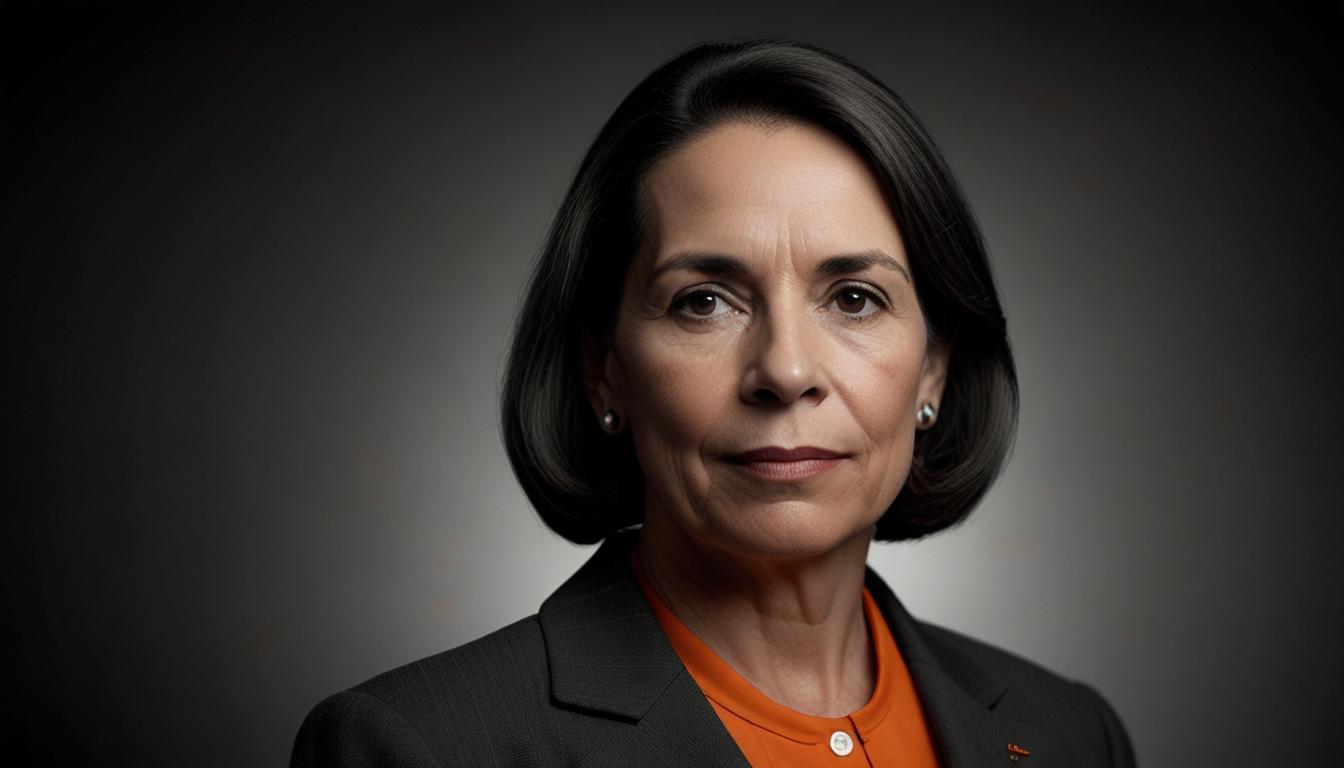Claudia Sheinbaum, Mexico’s President-elect, faces challenges in the energy sector as she aims to transition to renewables and improve infrastructure. The need for private sector involvement alongside state control poses a delicate balance in meeting future energy demands.
Mexico’s President-elect Faces Energy Sector Challenges
Mexico City, June 2024 – Mexico’s President-elect, Claudia Sheinbaum, is confronted with significant challenges in the energy sector as she prepares to assume office. With a doctorate in energy engineering and a history of contributing to the UN’s Intergovernmental Panel on Climate Change, Sheinbaum is well-qualified to address these issues.
Mexico’s energy system faced severe strain in May during an unprecedented heatwave, resulting in rolling blackouts across most states. This underscored the critical need for infrastructure investment and a transition to renewables, as 75% of Mexico’s electricity was generated from fossil fuels last year.
Sheinbaum aims to meet Mexico’s 2030 target of generating 50% of its energy from renewables. However, she has also supported the policies of her predecessor, President Andrés Manuel López Obrador, who favored fossil fuels and reinforced state dominance in the energy sector. Under López Obrador, private sector investment in generation stagnated, and auction processes for long-term power purchase agreements were halted.
Despite ambitious plans, analysts emphasize the need for increased private sector involvement to meet future energy demands. The state electricity company, CFE, lacks sufficient financial and technical resources to achieve the renewable targets independently, even with six new gas and steam-powered plants coming online soon.
Sheinbaum is also backing constitutional reforms proposed by López Obrador, aiming to eliminate independent energy regulators and increase CFE’s control, which could pose challenges under Mexico’s trade agreements with the US and Canada.
The coming months will be crucial as Sheinbaum navigates these complex issues, balancing the need for robust state control with attracting necessary private investment to build a resilient and renewable energy infrastructure.
